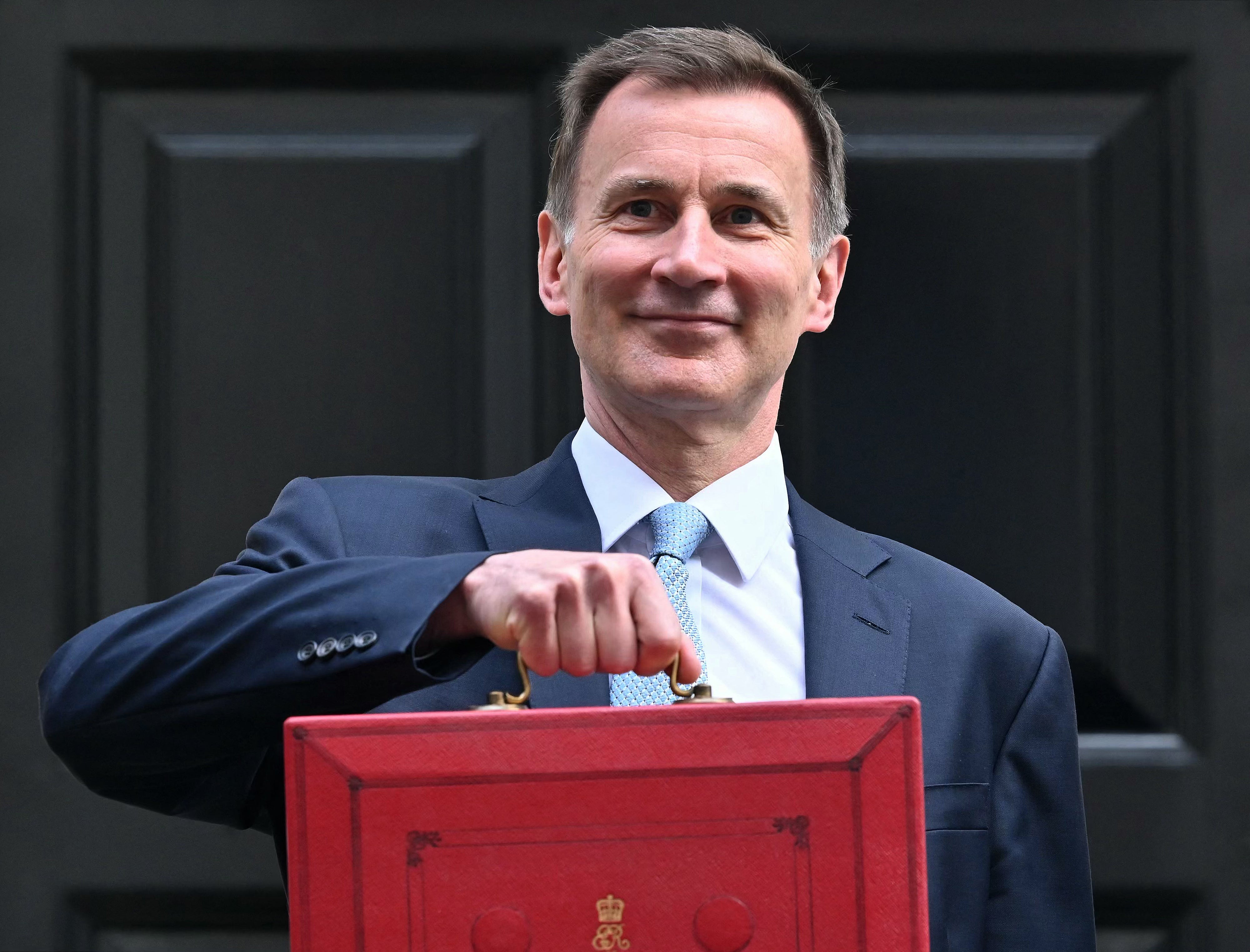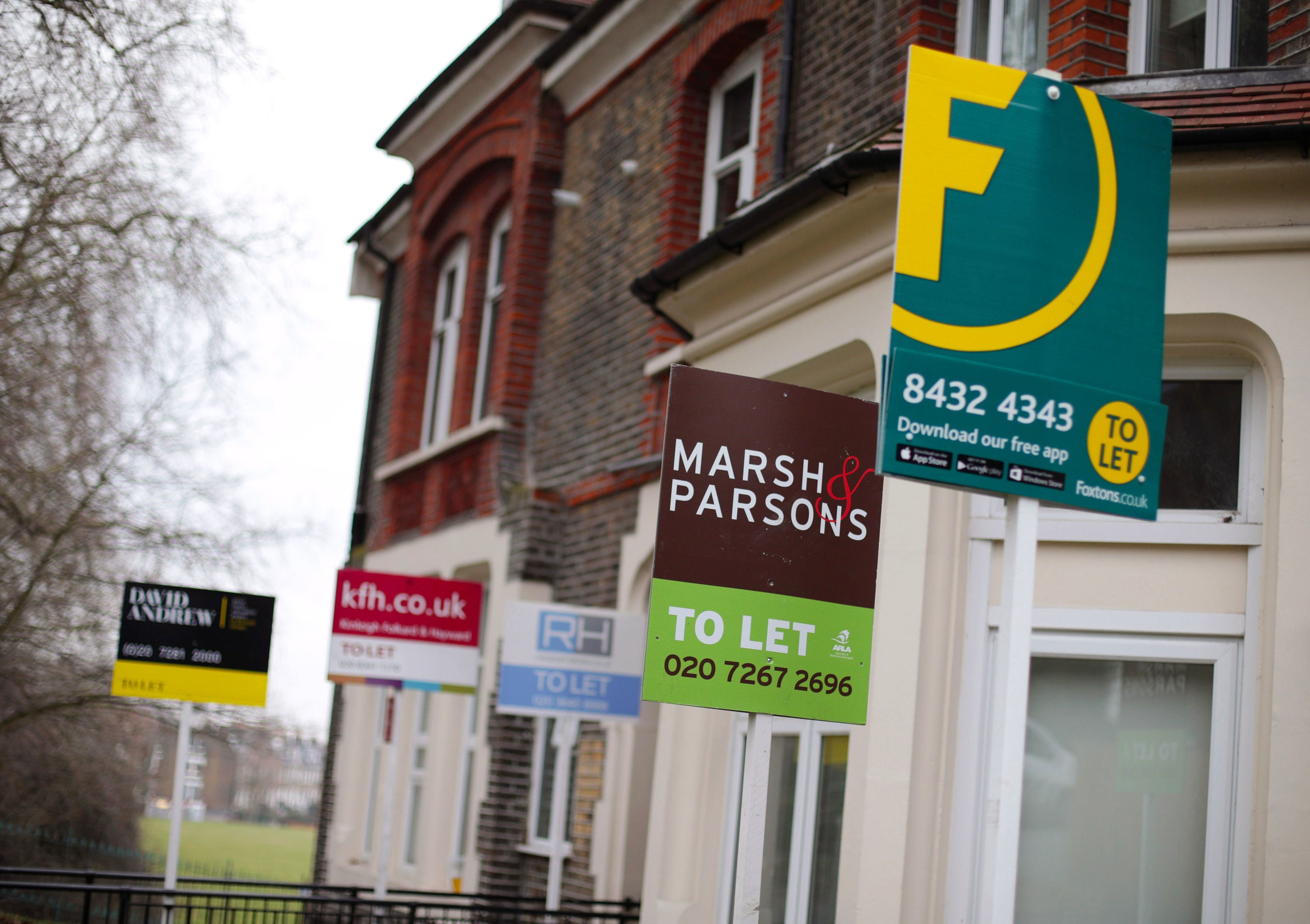Tories weighing stamp duty change in Autumn statement
The Conservatives hope further tax cuts will boost their chances at the next general election

Your support helps us to tell the story
From reproductive rights to climate change to Big Tech, The Independent is on the ground when the story is developing. Whether it's investigating the financials of Elon Musk's pro-Trump PAC or producing our latest documentary, 'The A Word', which shines a light on the American women fighting for reproductive rights, we know how important it is to parse out the facts from the messaging.
At such a critical moment in US history, we need reporters on the ground. Your donation allows us to keep sending journalists to speak to both sides of the story.
The Independent is trusted by Americans across the entire political spectrum. And unlike many other quality news outlets, we choose not to lock Americans out of our reporting and analysis with paywalls. We believe quality journalism should be available to everyone, paid for by those who can afford it.
Your support makes all the difference.The Chancellor is reported to be considering cutting stamp duty in a final autumn statement before the next general election.
Jeremy Hunt has previously hinted there could be a further “fiscal event” before voters go to the polls in an effort to underline the Conservatives’ tax-cutting credentials.
According to reports in The Times, Mr Hunt is weighing up increasing the threshold at which homebuyers pay stamp duty from £250,000 to £300,000.
The move is believed to be costed at around £3 billion per year by the end of the decade and would mean around half of people buying a house would no longer need to pay stamp duty.
However, with nearly six months until the likely date of any autumn statement, discussion of possible measures will be in their early stages and the Chancellor is likely to face pressure from backbench Conservatives for a range of other tax cuts.

Both last year’s autumn statement and last month’s Budget contained eye-catching cuts to national insurance, but freezes to tax thresholds and other changes have seen the overall tax burden increase.
Mr Hunt and Prime Minister Rishi Sunak have said their “long-term ambition” is to scrap national insurance entirely, but have not set a date for this.
Labour has criticised the commitment as an unfunded tax cut of £46 billion, drawing comparisons with the tax cuts proposed by Liz Truss and Kwasi Kwarteng in their mini-budget.
The Conservatives hope further tax cuts will boost their chances at the next general election, with Mr Hunt saying the impact of lower taxes combined with falling inflation and potentially decreased interest rates could start to have an effect on voters by the autumn.
But the last two national insurance cuts, worth a total of around £900 to someone on the average wage, have had little impact on the polls, with Ipsos finding a record low of just 19% of voters backing the Tories in a recent survey.